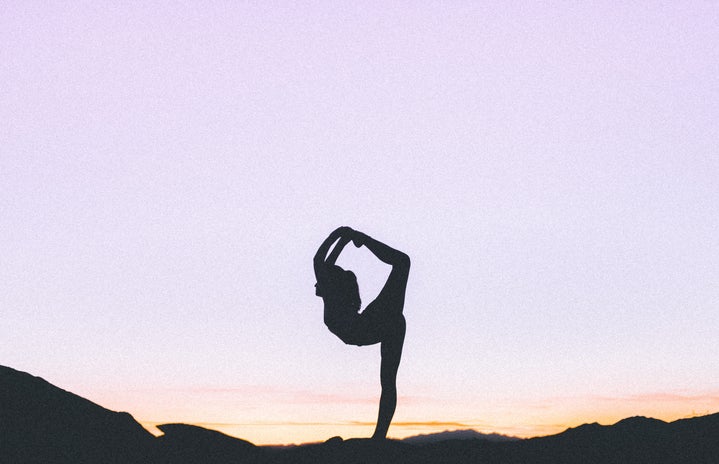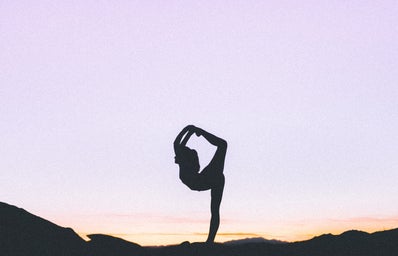Nowadays the number of different cosmetics manufacturers is enormous, there are brands that are well-known worldwide as well as local brands. Making cosmetics is popular business, so popular that even clothing brands start their own make-up lines. Especially creating natural and organic skincare products seems to be one of the skincare business trends at the moment.
However, not all cosmetic products are of good quality, as some of them might even do you more harm than good. From the viewpoint of a customer it is important to recognize ingredients that can be dangerous for your health. There are at least three controversial ingredients, widely used in cosmetics: caffeine, alcohol and parabens. Some manufacturers intentionally avoid using alcohol and parabens in their production, since recent research has shown that these ingredients can be problematic for the skin. Caffeine is instead growing in popularity, but its benefits for the skin are arguable.
First, let’s make clear the definitions of these ingredients (definitions by cosmetics industry expert Paula Begoun):
Alcohol = group of organic compounds that have a vast range of forms and uses in cosmetics. In benign form they are glycols used as humectants that help deliver ingredients into skin.
Caffeine = alkaloid found in coffee, tea, and kola nuts. It’s often included in skin-care products with claims that it will reduce cellulite or puffy eyes.
Parabens = group of preservatives, incl. butylparaben, propylparaben, methylparaben, and ethylparaben, that are the most widely used group of preservatives in cosmetics.
It should be made clear that there are different types of alcohols. Some of them, such as ethanol, denatured alcohol, ethyl alcohol, methanol, benzyl alcohol, isopropyl alcohol, and sd alcohol can cause problems if their percentage in a product is high (since the ingredients are listed in decreasing order by volume, the percentage of some ingredient is high when it is in the beginning of the list). Usually these alcohols are used in products for oily skin, since they have anti-inflammatory effect, but at the same time they can dry and irritate skin and even cause skin to produce more oil (Paula’s Choise skincare).
Parabens are more problematic than alcohols, because their health risk for humans is unknown. These chemicals have been found in breast tissue and breast cancers (Breastcancer.org), but as Paula Begoun mentions in her book “Don’t go to the Cosmetics Counter Without Me”, parabens found in breast tumors might not be the causative factor, but a result of finding parabens when cancer cells are examined. Skincare products labeled as being “paraben-free” do not necessarily mean that they are natural or safe, because often parabens are just replaced by other preservatives.
Some of you might wonder why caffeine is on the list of controversial ingredients. It is a natural antioxidant i.e. it can prevent cell damage caused by oxidants (Greatist). Caffeine is especially popular in eye treatment products, since it improves blood circulation, shrinks blood vessels and decreases swelling. Thus it is claimed to have the ability to reduce dark circles and puffiness under eyes (Diy Remedies). Despite of all the advantages, the problem with using caffeine in skin care products is that many manufacturers do not mention how much caffeine there is in a product. Caffeine absorbs through the skin, so its topical application adds the amount of your daily coffee consumption (Caffeine Informer). This is important to remember especially if you use different skin care products containing caffeine.
Photo by Toa Heftiba


